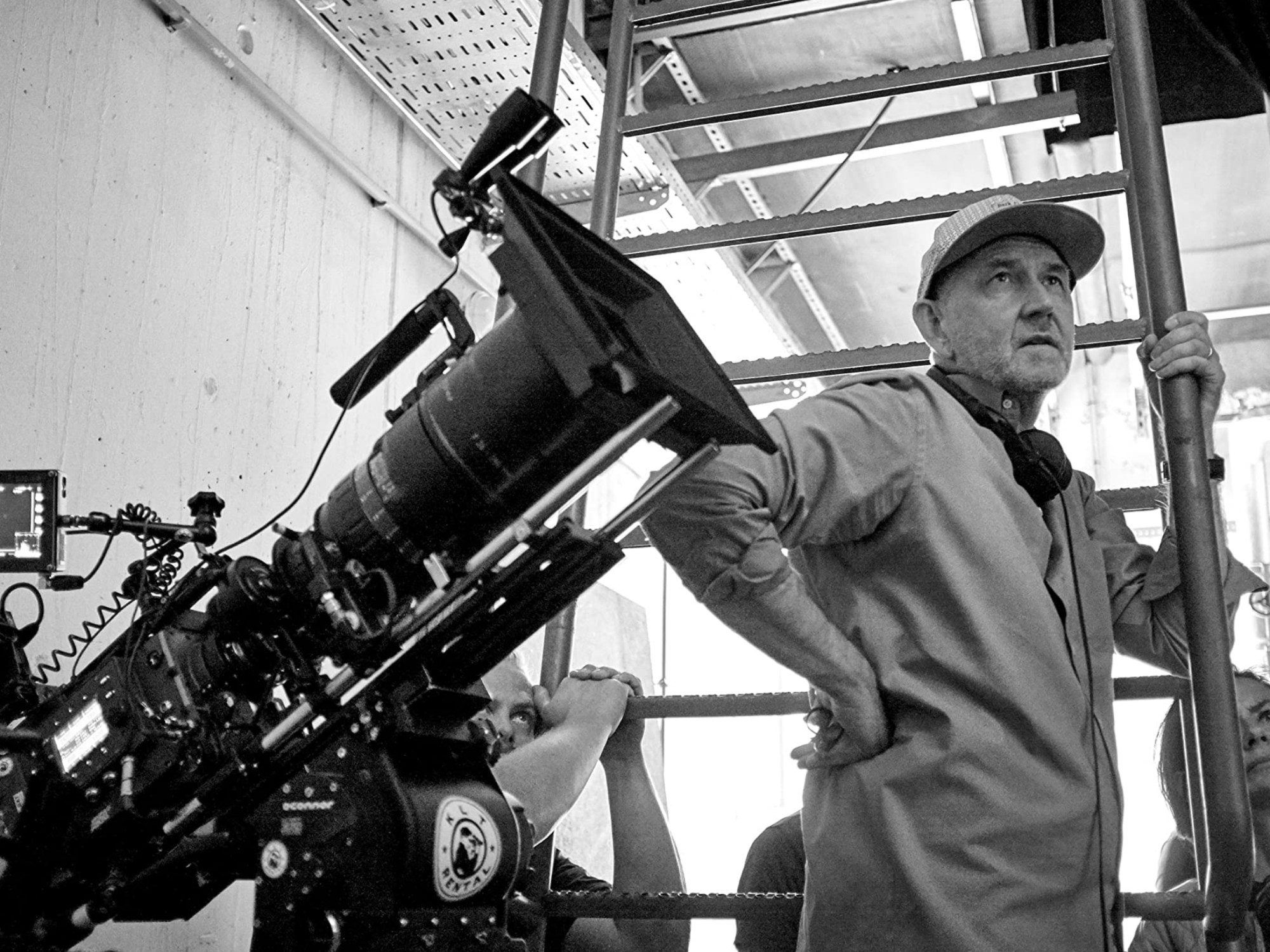
- Interviews
Oliver Schmitz on The Revival of “Mapantsula”, a Movie that Blurs the Boundary Between Art and Politics
When it comes to using cinema as an activist’s tool, Oliver Schmitz is a name that would certainly come up. Born in 1960 in Cape Town during the apartheid regime in South Africa, Schmitz soon realized he could use art as an effective political and social engine. In his early 20s, he started creating Mapantsula, a film that makes use of scenes of extensive political rallies, police brutality and racial difference to portray the effects of apartheid on black South Africans, a brave move for someone living in the country at the time. 02-
In 1988, the movie was screened in the Un Certain Regard Section at the Cannes film festival. Now, 35 years later, and given its historical relevance, the movie has been restored and selected to be showcased at the 73rd edition of the Berlinale in the classics section.
The HFPA interviewed Schmitz in Berlin.
What exactly propelled you to restore this particular movie of yours?
For five years I kept thinking I should restore Mapantsula given its relevance in today’s landscape. The inhumanity of one person exploiting another person, a society exploiting another society, it’s still here with us. We live in this comfort zone of consumerism, but right next to it, there is still a form of slavery coming from tiered-level communities.
South Africa is not a perfect place, but we have also seen episodes of police brutality in America and other parts of the world. This is why this movie is still powerful in today’s context. My partner at What the Hero Wants, Aaryan Trivedi, kept insisting we should go ahead with the process of bringing it back to the audiences. There was a moment I said, it’s now or never. We went for it. We grabbed the rusted cans with the film from storage and started tackling the endeavor. I was skeptical about the condition of the film, but we found a company in Toronto who did an amazing job with the restoration.
How was it to watch Mapantsula again in the big screen after all these years?
I hadn’t seen it in years, and then here I was, looking at every frame, every scene and every expression again. What mostly came to my mind while re-watching it, was the camaraderie I had with all the cast and crew. They were so talented. This was my first movie. The trust they had in me at that point of my career made a big difference, and that’s something I will not forget.
Even though Mapantsula had been banned in South Africa, in 2006 – 12 years after the country’s first multiracial elections – it was named Best South African Film of the Decade at the South African Film and TV Awards. However, during the 90s and the early 2000s, how did you manage to work after the ban?
After Mapantsula, I stayed in South Africa living a semi-clandestine life. I kept a low profile, I did some documentaries and Hijack Stories, my second feature. However, by 2000, I felt I was not working enough and decided to move to Germany where I now reside.
What are you working on next?
I am working on a movie with Tim Roth in New Zealand. We are hoping to start shooting it at the end of the year.